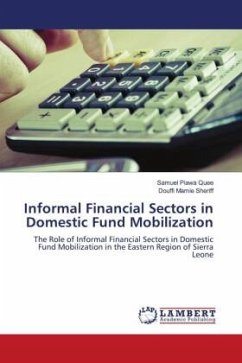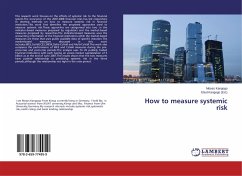This book responds to calls in the literature for a major shift in approaches to explaining systemic risk. It applies insights from multiple disciplines, but departs from the monistic positivist research orientations of many previous contributions by taking a carefully argued pragmatic approach from management science to address nonlinear intractability. A new operational behaviour paradigm of systemic failure is summarized, in which notions from evolutionary economics and complexity science are combined with an interpretation of entropy as risk uncertainty, to explain systemic risk in terms of catastrophic bifurcations simulated in the operational state-space of an agent-based computational model representing a highly simplified global financial system. Then the key features of a recent programme of theory development research based on this approach are described, in which the results of a simulation of Iceland's financial system collapse were validated with empirical data from annual reports over that period.
Bitte wählen Sie Ihr Anliegen aus.
Rechnungen
Retourenschein anfordern
Bestellstatus
Storno








